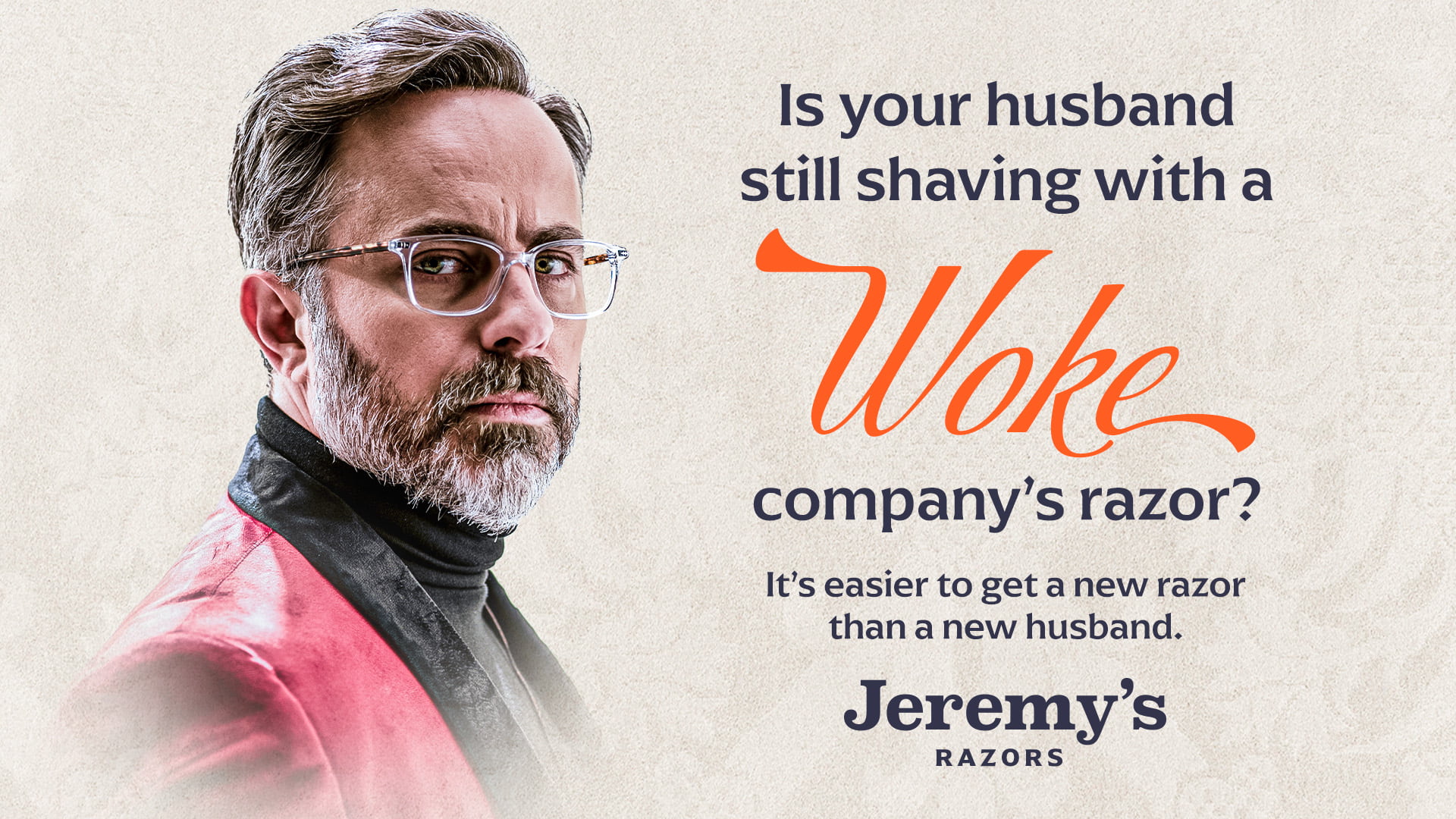Some people admire the a partner who is happy to take control and ‘wear the pants’ in the relationship.
These individuals are quick to make decisions and lead the household, but a new study has found that they are also more likely to cheat.
That is because the perceived power leads to inflated confidence, feelings of desirability and belief that they can have alternative partners, the study revealed.
Researchers conducted four experiments, finding the sense of control was a predictor of cheating behaviors such as sexual fantasies, flirting and seeking a new mate.
‘In a romantic relationship, these power dynamics might lead the more powerful partner to think they bring more to the table than their less powerful partner,’ said lead author Gurit Birnbaum, a professor of psychology at Reichman University.
‘The more powerful might see this as a sign that they have more options outside the relationship and are more desirable partners in general.’
This aligns with prior research which established that feeling and being perceived as powerful encourages impulsive behavior.

Birnbaum and his colleagues conducted a series of four studies to investigate the relationship between power dynamics and cheating.
Participants in all experiments were in monogamous, heterosexual relationships that had lasted at least four months.
The first test assessed whether reliving an experience that made them feel powerful in their relationship would impact the participant’s sexual fantasies about alternative partners.
The researchers asked participants to describe either a time when they felt more powerful than their partner, or a typical day in their relationship.
Afterward, they wrote out a sexual fantasy involving someone other than their partner.
Male participants expressed greater sexual desire for alternative partners after describing a time when they felt empowered than describing a typical day in their relationship.
But this was not the case for female participants, whose desire for alternative partners was unaffected by reliving a powerful moment.
In the second test, participants were once again asked to describe a time when they felt empowered or an average day.

But afterward, the researchers showed them photos of strangers and asked them to decide which, if any, they would consider as potential partners.
They made these choices under time pressure.
This time, the results showed that high perceived relationship power increased both men’s and women’s likelihood of considering attractive others as potential partners.
In the third study, each participant described the power dynamics in their current relationships and rated their perception of their own power and ‘mate value’ compared to their partner.
Then, they had to complete a task with an attractive person – who was a study insider, not a participant – and rate their level of attraction to the insider afterward.
The results revealed that participants who see themselves as the powerful person in the relationship also believed they had a higher mate value, and this in turn increased their desire for the attractive insider.
Finally, the fourth study asked participants to spend three weeks giving daily reports on their perceived relationship power, value as a partner, and any sexual activities – including fantasies, flirting or having sex – that involved someone other than their partner.
The researchers found that on any given day, feeling a greater sense of power led to a higher perception of the participant’s own mate value the next day.
This, in turn, increased the chances of sexual behavior toward people outside of the relationship the following day.
The cumulative results from these four studies revealed that perceptions of power within a romantic relationship are strong indicators of a person’s interest in other potential partners.
In other words, people who believe they ‘wear the pants’ in their relationship showed more interest in others as potential partners.
‘Those with a higher sense of power may feel motivated to disregard their commitment to the relationship and act on desires for short-term flings or potentially other, more novel partners if the opportunity arises,’ said coauthor Harry Reis, a psychology professor at the University of Rochester, in a statement.
The researchers published their findings in the journal Archives of Sexual Behavior.
This isn’t the first study to investigate how the power dynamics of romantic relationships influence infidelity. But certain methodological limitations led to somewhat ambiguous conclusions, the researchers wrote.
They note, however, that past research has indicated that partners with an equal power balance tend to fare better than those with an imbalance.
Studies suggest this is true despite the fact that power imbalances can yield some benefits, such as encouraging forgiveness of low-power partners and smoothing things over with then during conflict, the researchers wrote.
‘Only about half of romantic relationships, however, have a relatively equal power balance,’ they added.
And according to the most recent data from 2021, roughly 21 percent of Americans have cheated on a romantic partner.
Some degree of power disparity in relationships is ‘almost inevitable,’ the researchers wrote. They believe this work highlights a need for interventions that address these imbalances and prevent their negative outcomes, like infidelity.

